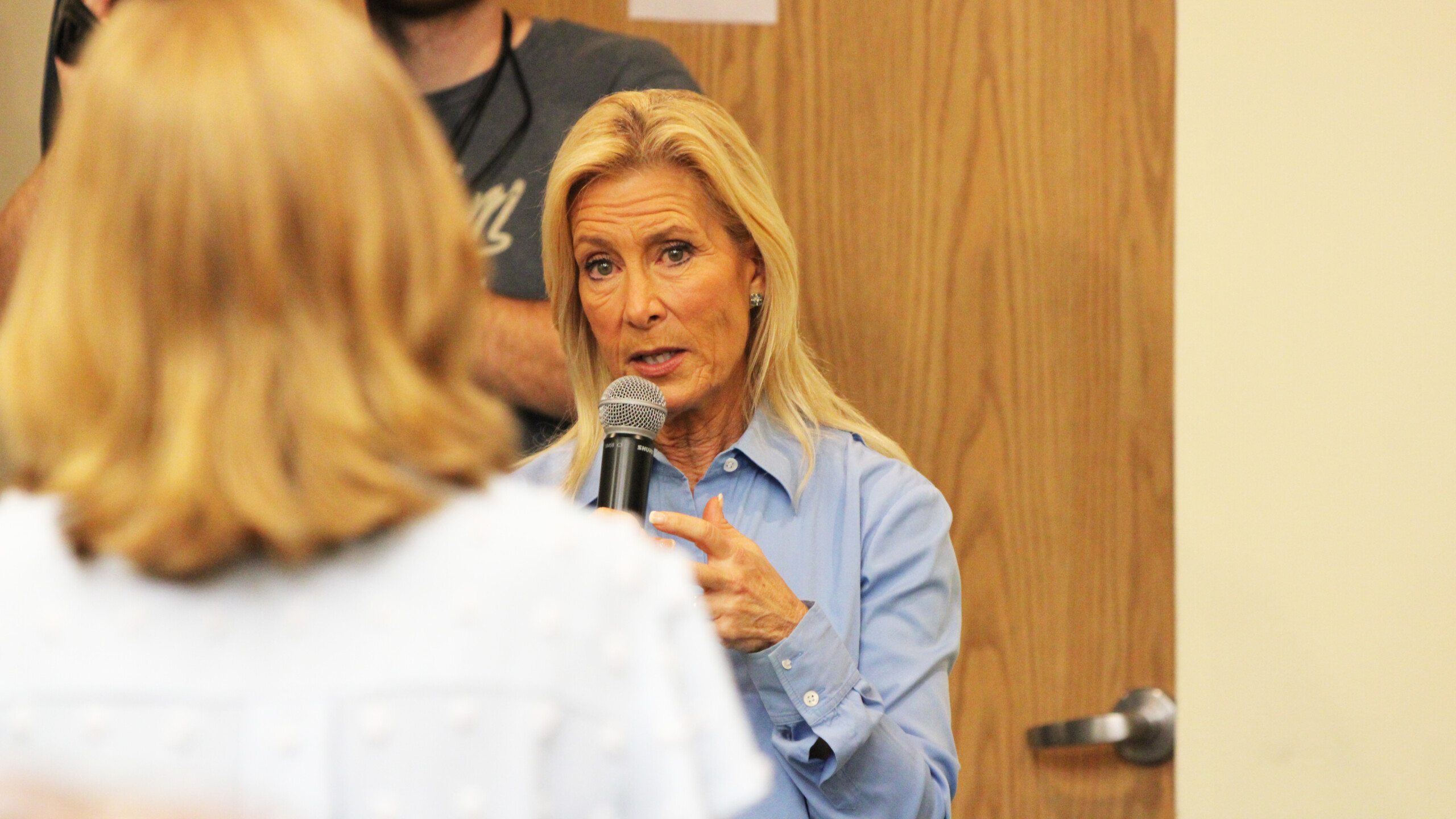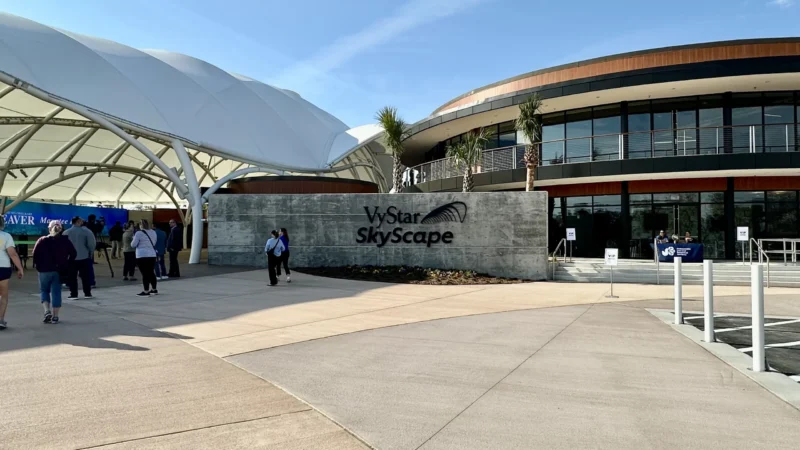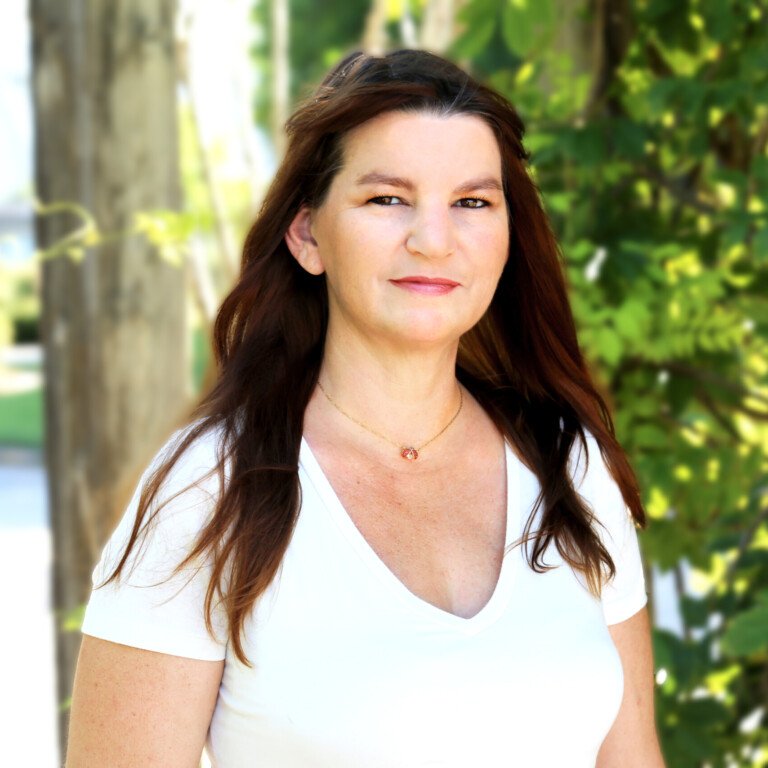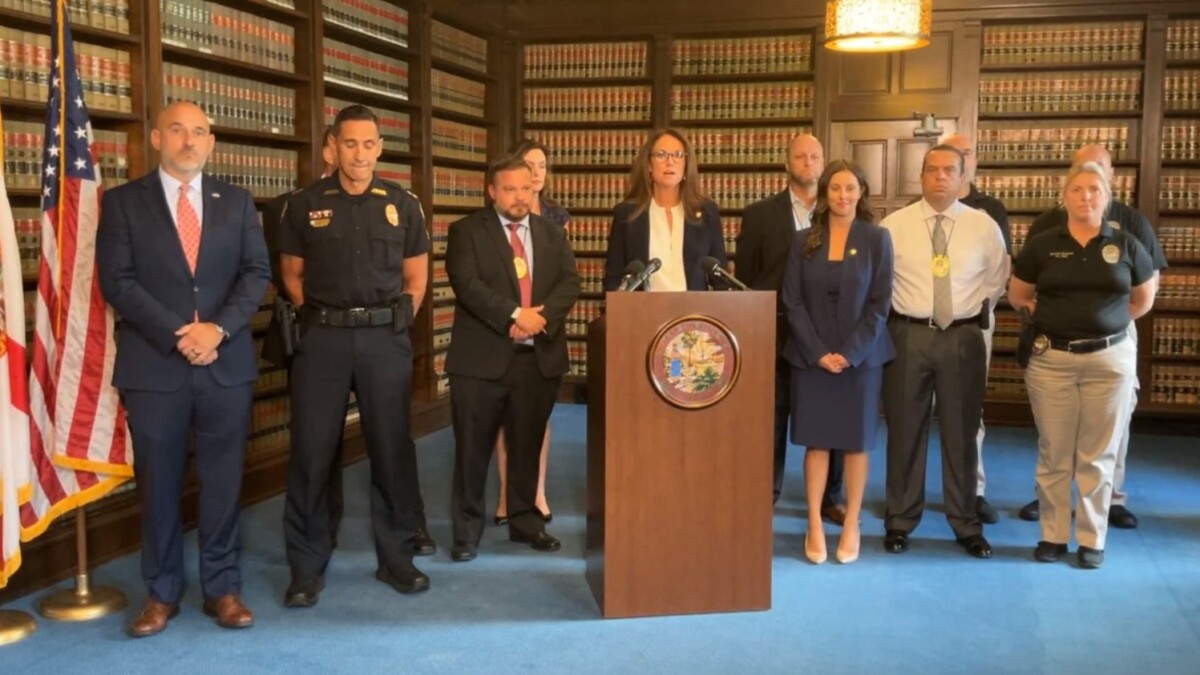Back in 2015, Cynthia Butler Jackson experienced life on the streets, in homeless shelters, at rescue missions. Her soft, quiet voice — spoken in the third person — described the hardship she faced, almost like an out-of-body experience.
She’s moved beyond that level of hardship now and has a roof over her head with her family.
She was one of a handful of people who listened in on a homelessness committee meeting at the Ed Ball Building on Thursday morning and took time to urge the committee to continue to improve conditions for those facing homelessness. She told them she was encouraged by efforts the committee is making to help.
“Today, real homelessness looks like me,” Butler Jackson told the Infrastructure Homelessness Subcommittee, one of dozens of committees Mayor Donna Deegan put together to find solutions to critical city problems. “Compared to 2015, there has been a total change. … I’m glad I’m here today so I can witness for myself that things are changing.”
The homelessness subcommittee is finalizing a list of short- and long-term recommendations to alleviate the number of people who find themselves without shelter. Like a network of other committees — ranging from affordable housing and minority issues to parks and health care — a completed list of suggestions is due to the mayor by Sept. 5.
Among the short-term ideas in the draft document:
- $200,000 for a diversion/problem-solving pilot program, to help divert 10% of people seeking immediate assistance out of the homeless response system and back into safe housing for at least 90 days.
- $200,000 for a “non-congregate shelter fund” through the city welfare department — to avoid shelters becoming inundated when a building has been condemned or must be shut down. Committee Chair Dawn Gilman noted how the system was overloaded after the state closed down the Gold Rush Inn in December 2020.
- $100,000 to help fund more federal funding through Housing and Urban Development grant matching.
The committee also listed ideas that require little or no funding, including creating a city list of homelessness providers that are members of the Continuum of Care operating in Duval County. The committee also would like to see the city set a solid goal, targets and measurements for reducing the homeless population, which could be funded by the $100,000 allocated through the Committee of Quality of Life Issues.
Longer-term recommendations include securing recurring funding through different revenue streams, such as a potential food and beverage tax.
Another suggestion — which the mayor’s affordable housing subcommittee also is looking into — is adjusting zoning so more multifamily housing can be built and providing incentives to for-profit developers to build more housing, including “extremely low-income” housing.
The committee also wants developers who build multifamily housing and also receive city funds to set aside 10% to 15% of units as affordable housing or put the equal amount of those units into the DuPont/city of Jacksonville housing trust fund.
Gilman, CEO of Changing Homelessness, said the homelessness issue has been studied comprehensively. Now, the focus needs to be on laying out a solid plan and funding it. She does not feel $500,000 is a hurdle as a buy-in from the city, given that most of the funding support from agencies like Changing Homelessness and the Sulzbacher Center are coming from the federal government.
If homelessness is a priority issue for all involved — and Gilman says it clearly is — she wants to know where the direct funding is to solve it.
“Where’s the focus if this is considered a priority,” Gilman said. “Where’s the direct funding to solve it?”







